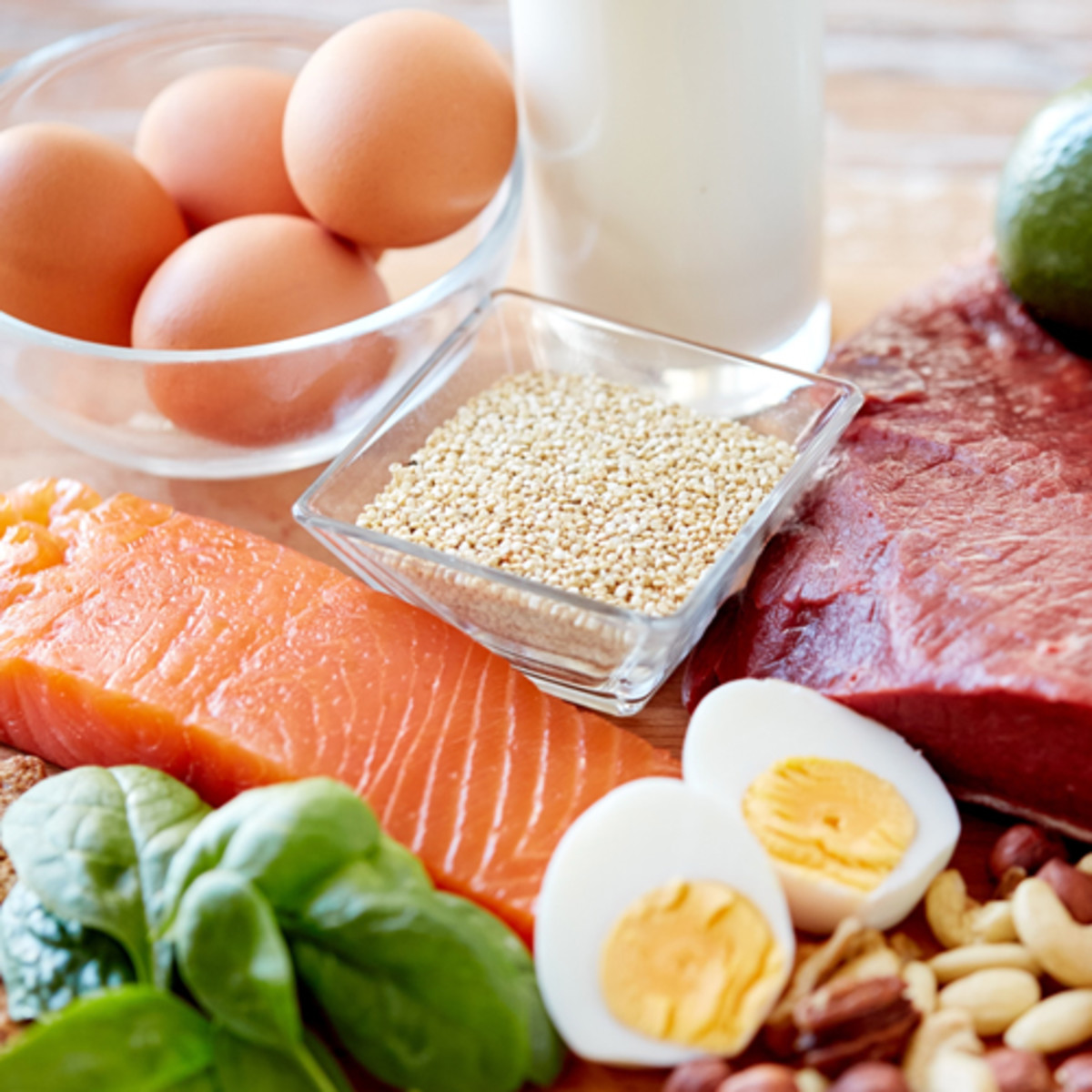High Protein Diet: The Ultimate Guide

What is a High Protein Diet?
A high protein diet is a way of eating that focuses on consuming foods that are high in protein. This typically involves eating more meat, poultry, fish, eggs, dairy, legumes and nuts. The recommended daily intake of protein is around 0.8 grams per kilogram of body weight, but a high protein diet may involve consuming up to 1.6 grams per kilogram of body weight.
Benefits of a High Protein Diet
There are many benefits to following a high protein diet, including:
- Increased muscle mass and strength
- Improved weight loss
- Better bone health
- Improved satiety and appetite control
- Reduced risk of heart disease and diabetes
How to Follow a High Protein Diet
Here are some tips for following a high protein diet:
- Choose lean protein sources such as chicken, fish, turkey and lean cuts of beef.
- Incorporate plant-based protein sources such as legumes, nuts and seeds.
- Eat protein with every meal and snack.
- Avoid processed and high-fat protein sources such as sausages and bacon.
- Consider using protein supplements such as whey protein powder.
Like any diet, a high protein diet has its pros and cons:
| Advantages | Disadvantages |
|---|---|
| May help with weight loss and muscle building | May be difficult to sustain in the long term |
| Can improve bone health | May increase risk of kidney damage in individuals with pre-existing kidney problems |
| Can improve satiety and appetite control | May lead to nutrient deficiencies if not balanced with fruits, vegetables and whole grains |
FAQ
Q: Is a high protein diet suitable for everyone?
A: No, a high protein diet may not be suitable for individuals with pre-existing kidney problems or those who need to limit their protein intake for medical reasons.
Q: Can I eat too much protein?
A: Yes, consuming excessive amounts of protein can put a strain on the kidneys and may lead to other health problems.
Q: Are plant-based proteins as effective as animal-based proteins?
A: Yes, plant-based proteins can be just as effective as animal-based proteins as long as they are consumed in sufficient amounts and combined with other sources of protein.
Q: Can I still eat carbohydrates on a high protein diet?
A: Yes, carbohydrates are still an important source of energy and should be included in a balanced diet. However, it is recommended to choose complex carbohydrates such as whole grains and vegetables.
In conclusion, a high protein diet can be a healthy way to build muscle, lose weight and improve overall health. By incorporating a variety of lean protein sources and balancing it with other macronutrients, you can achieve your health and fitness goals. Remember to consult with a healthcare professional before starting any new diet or exercise program.
